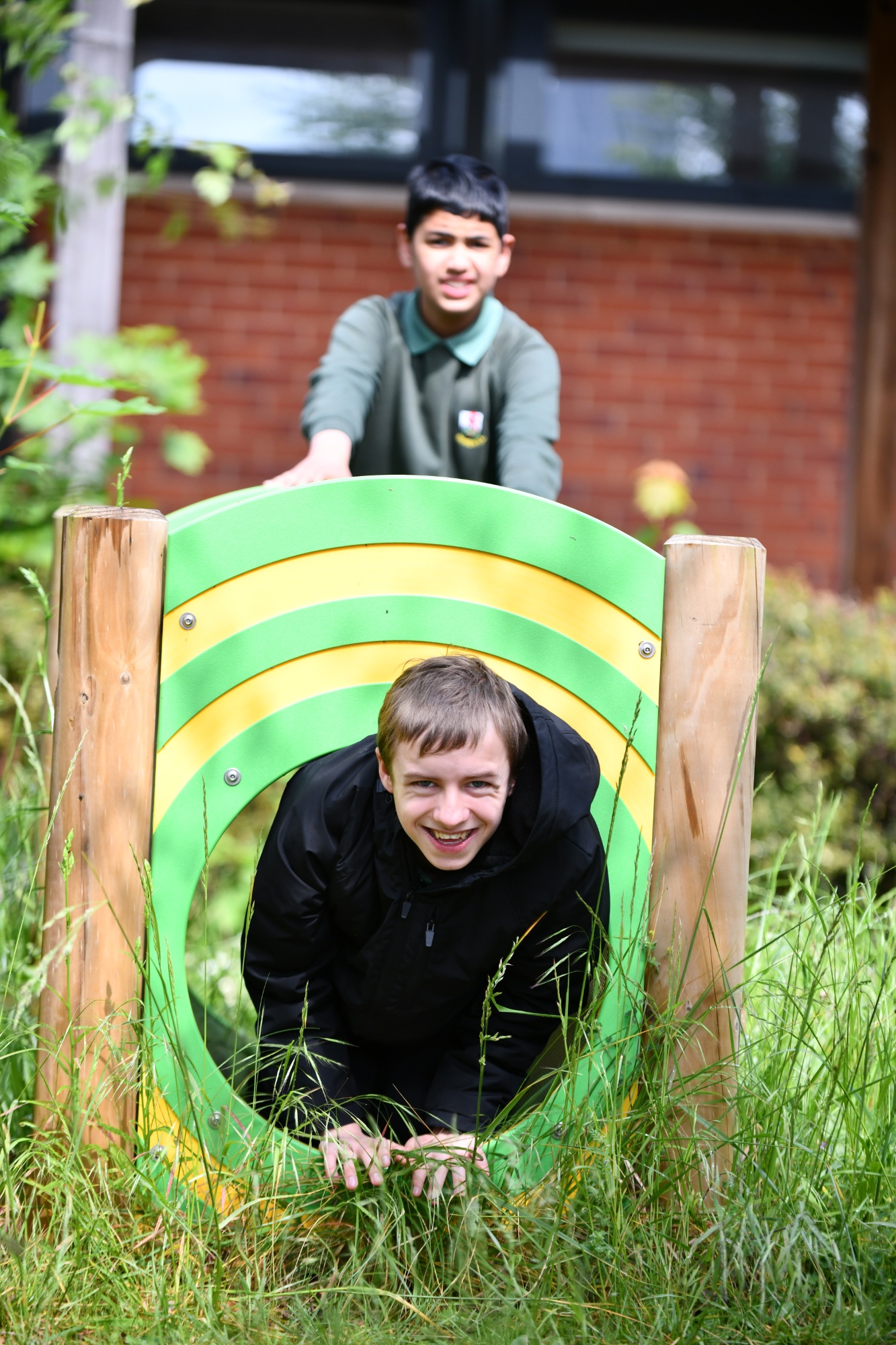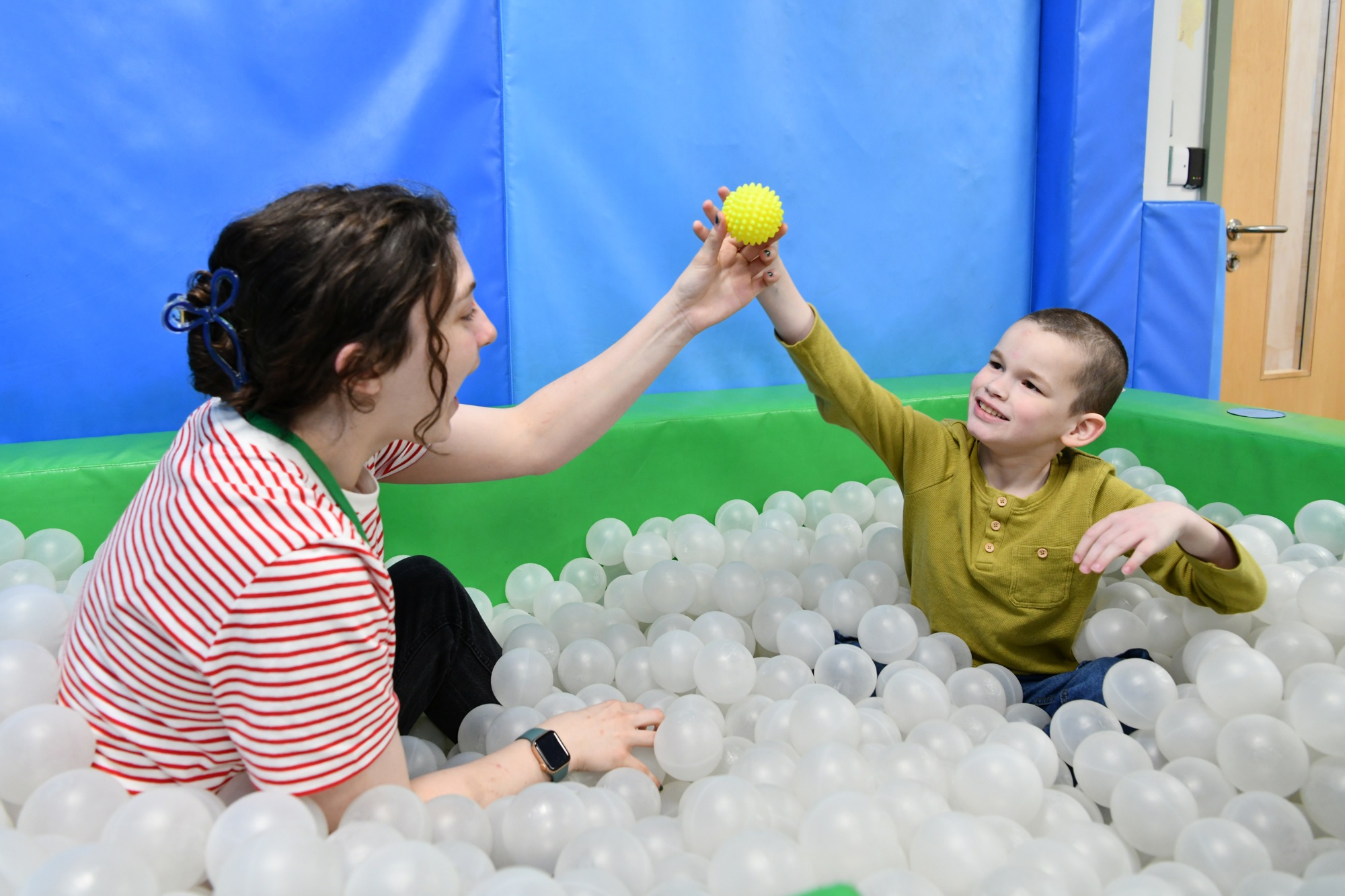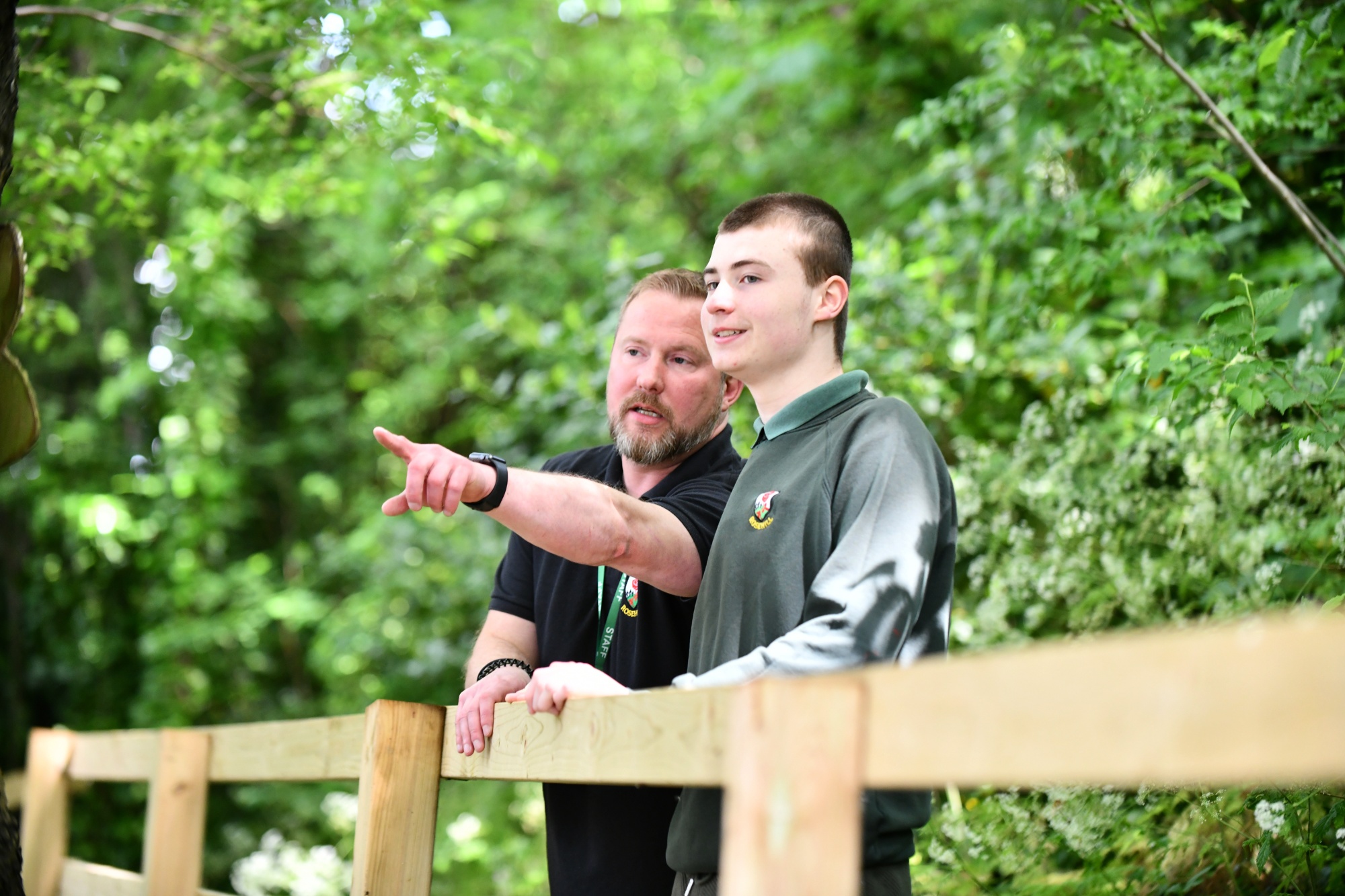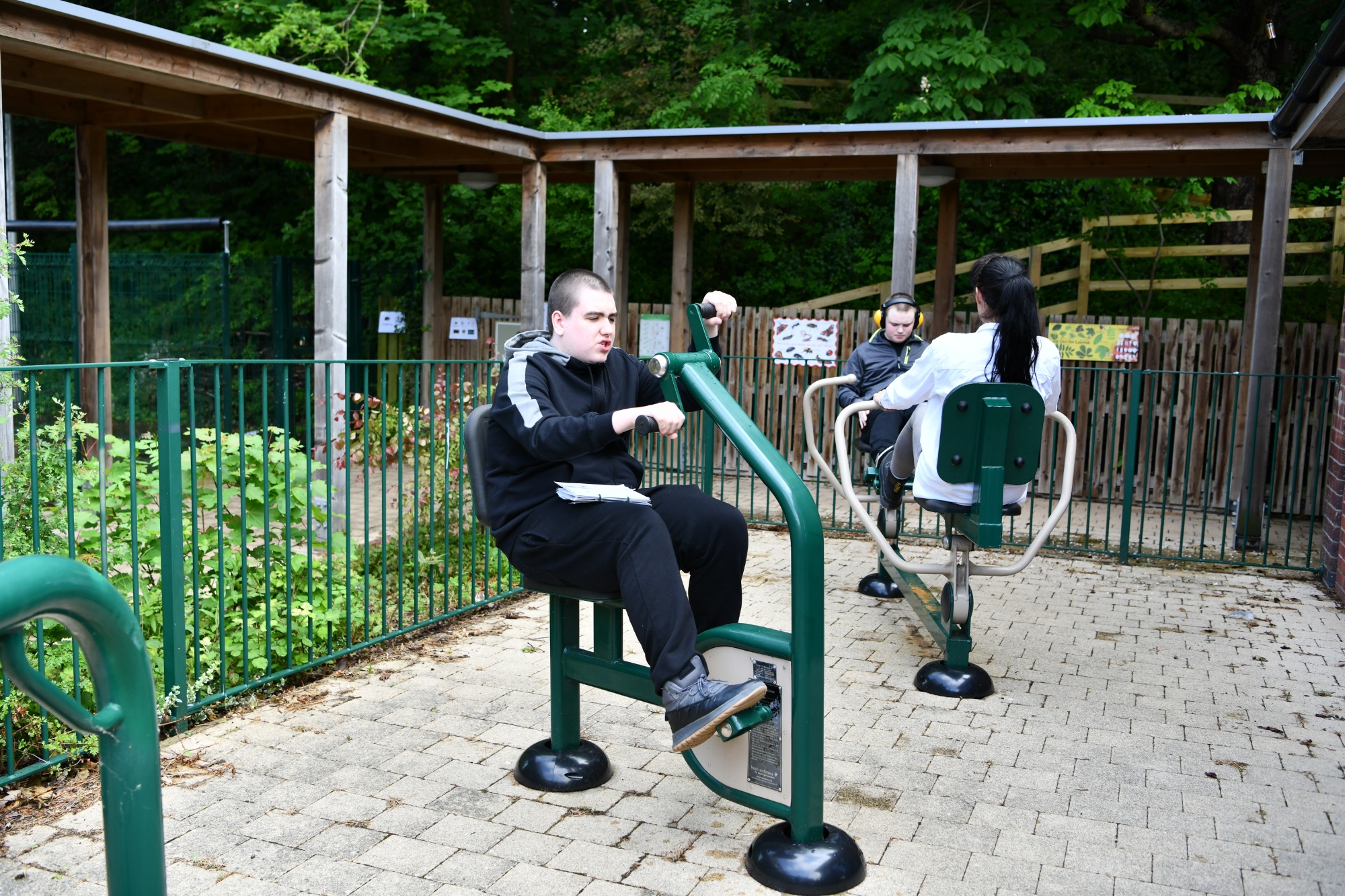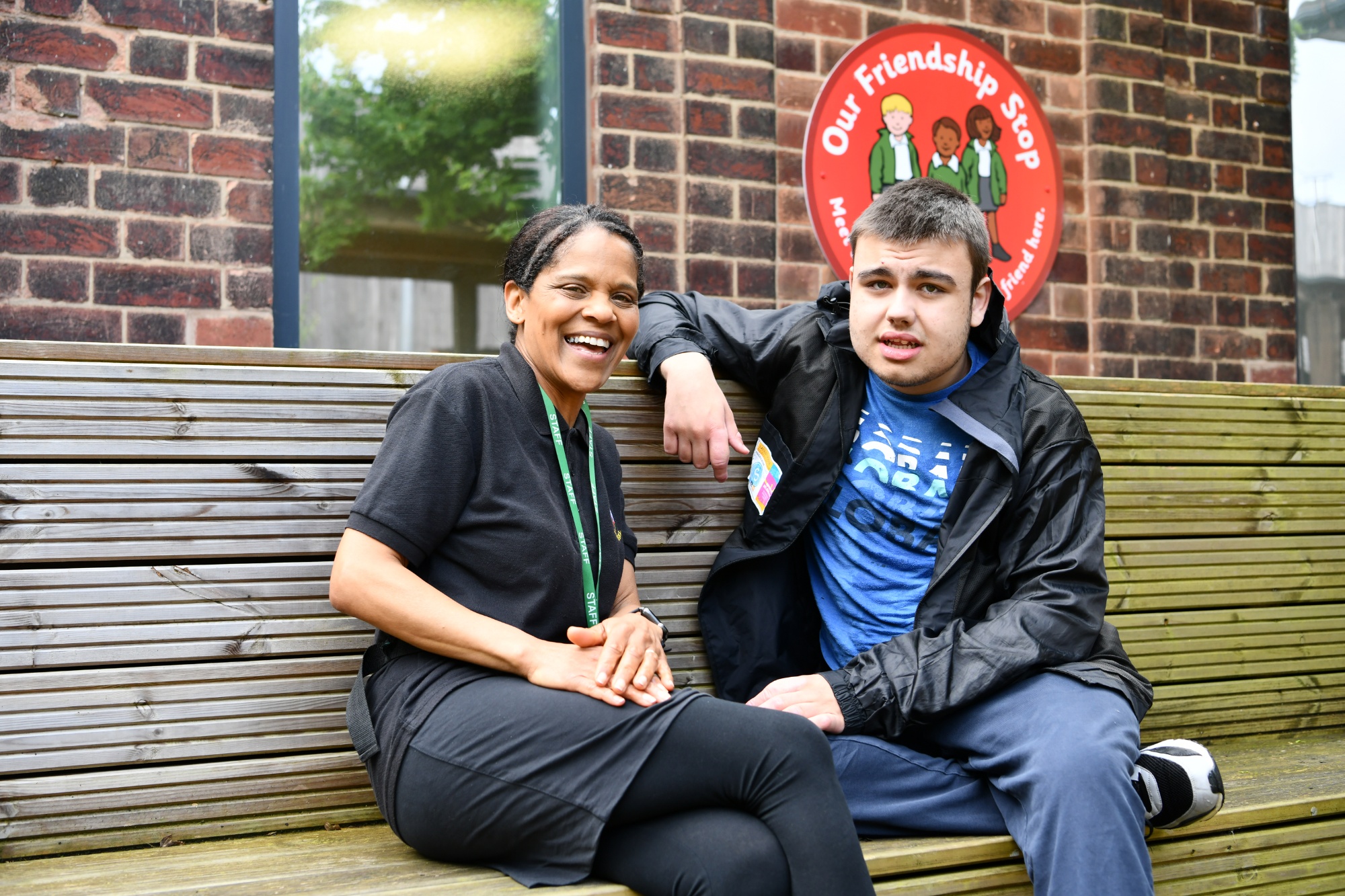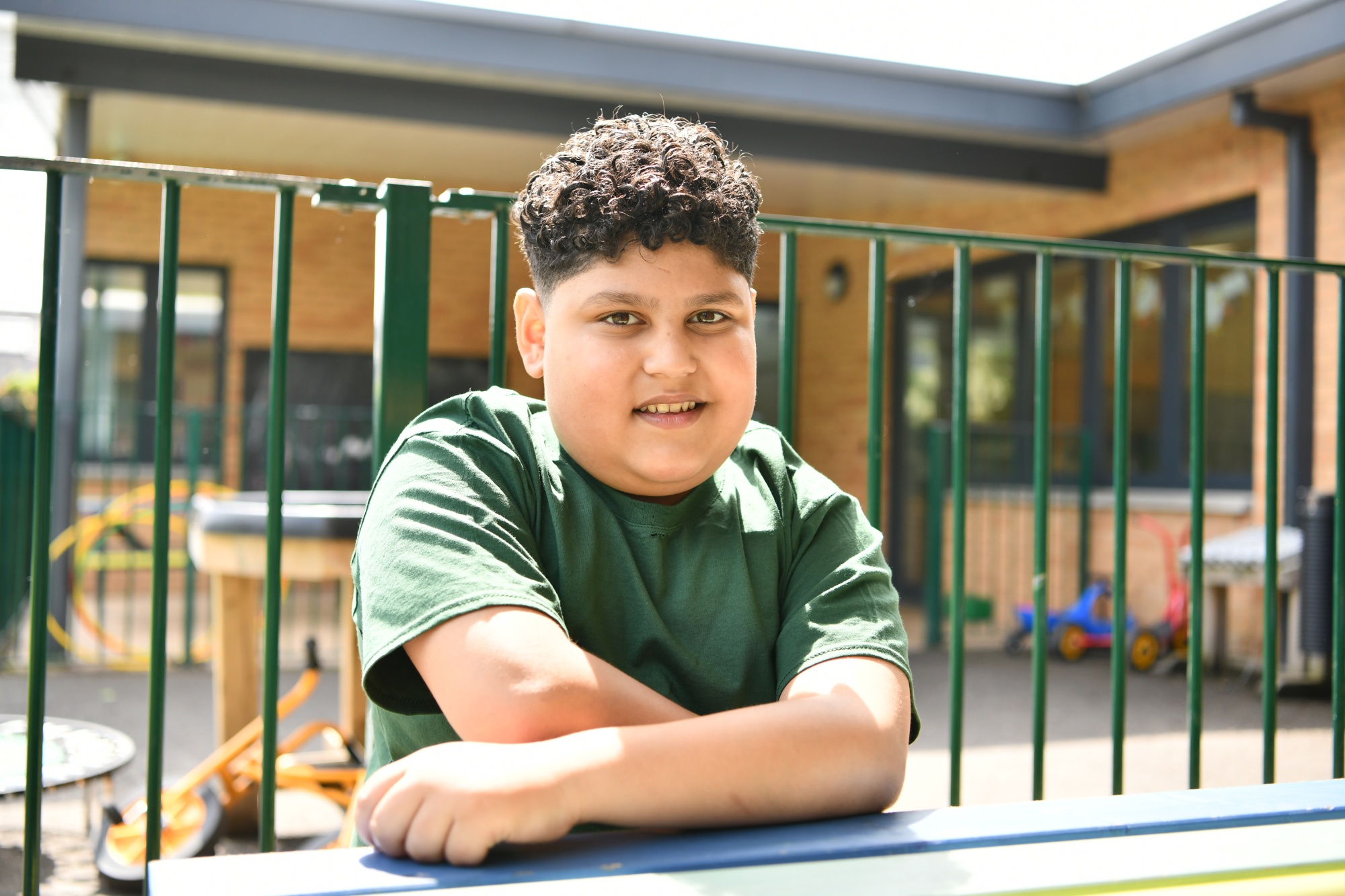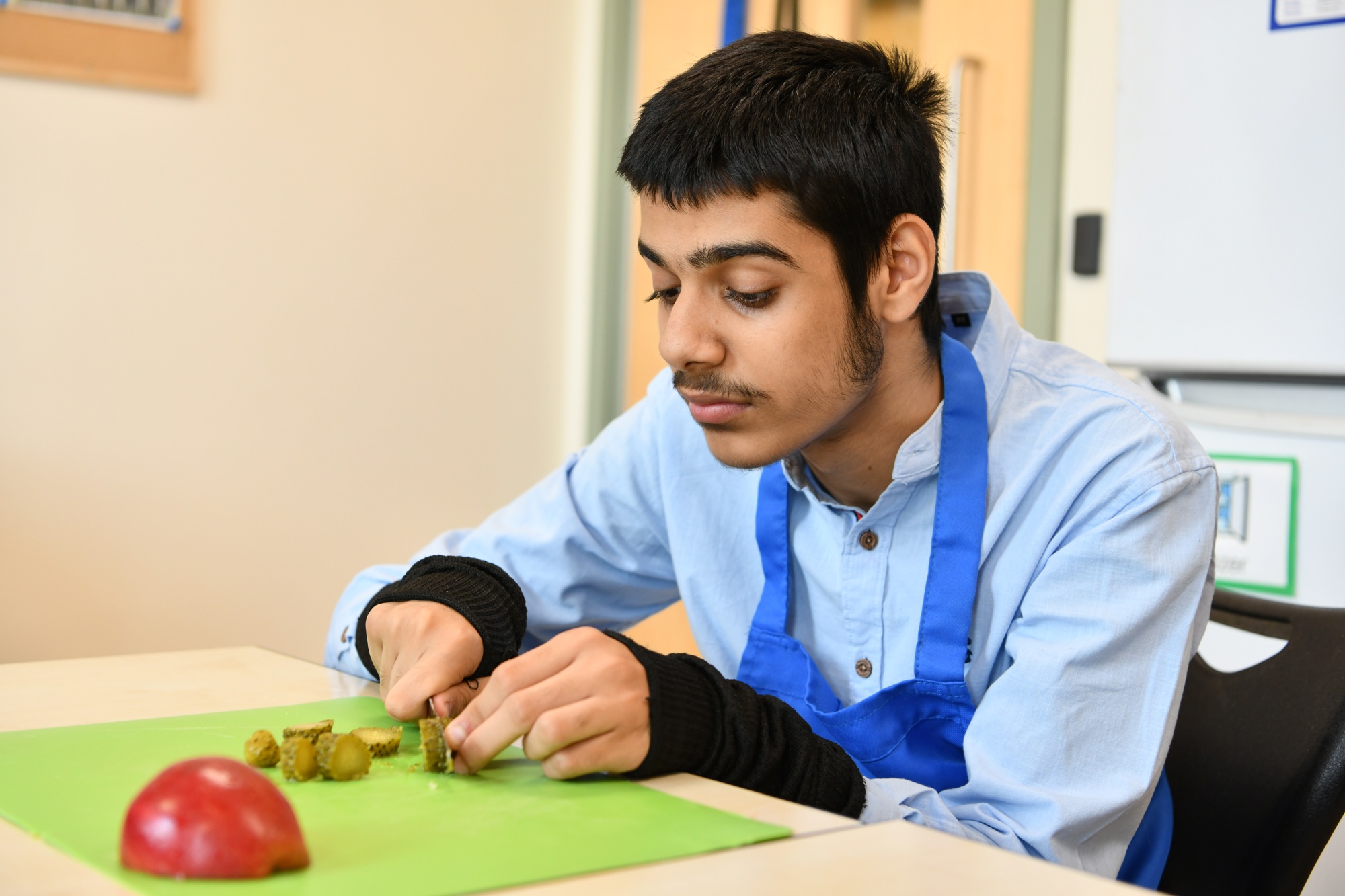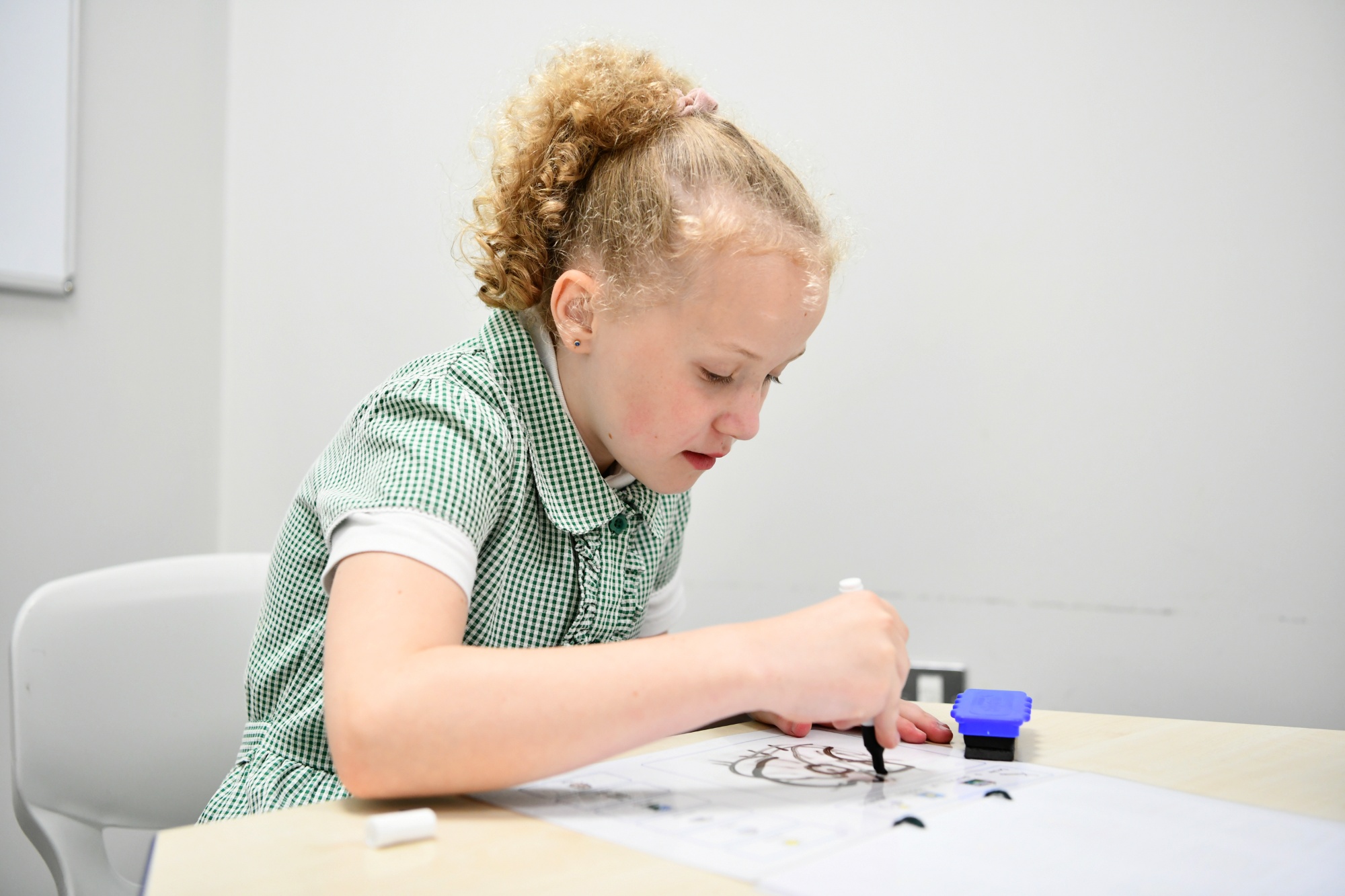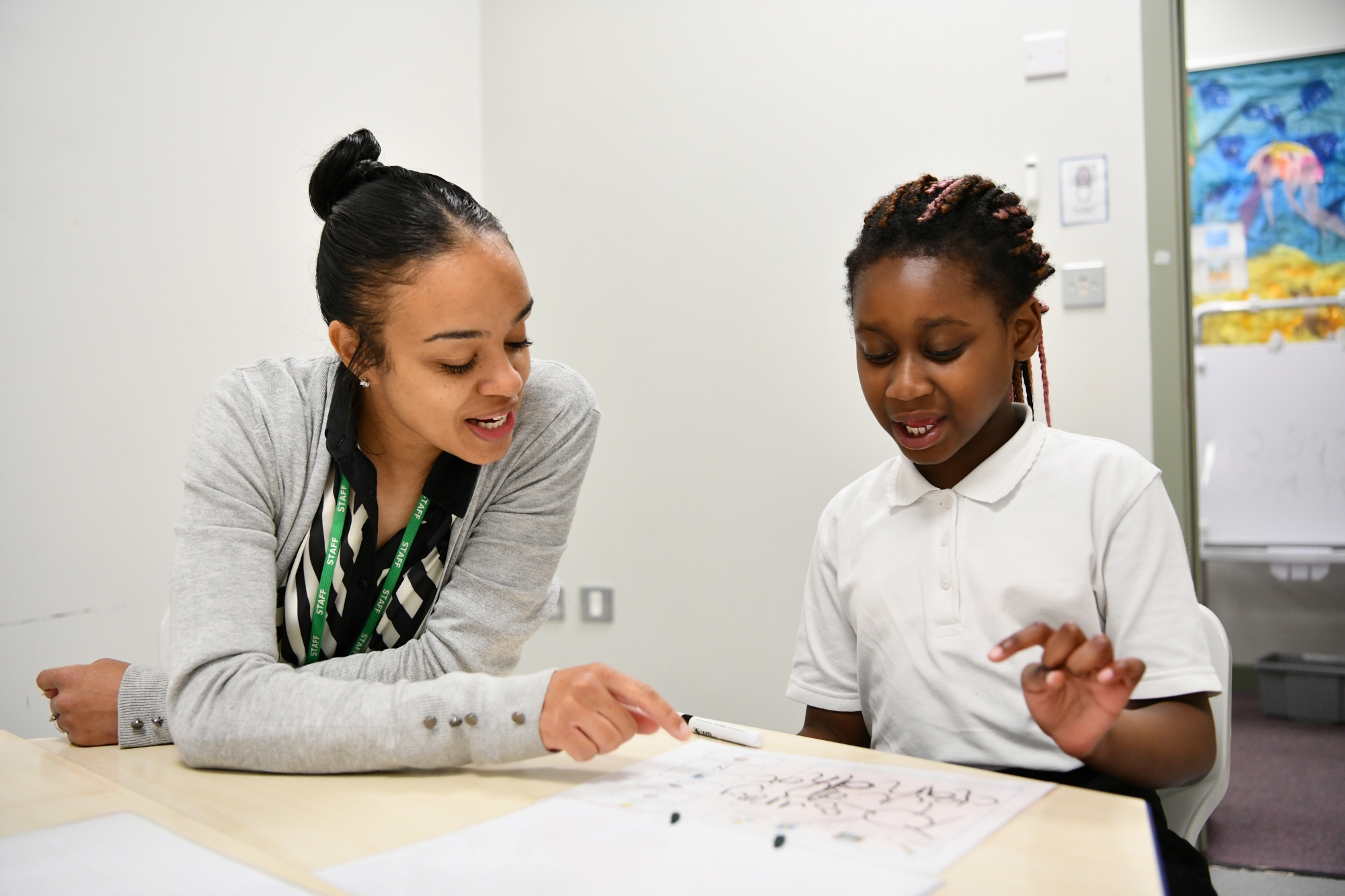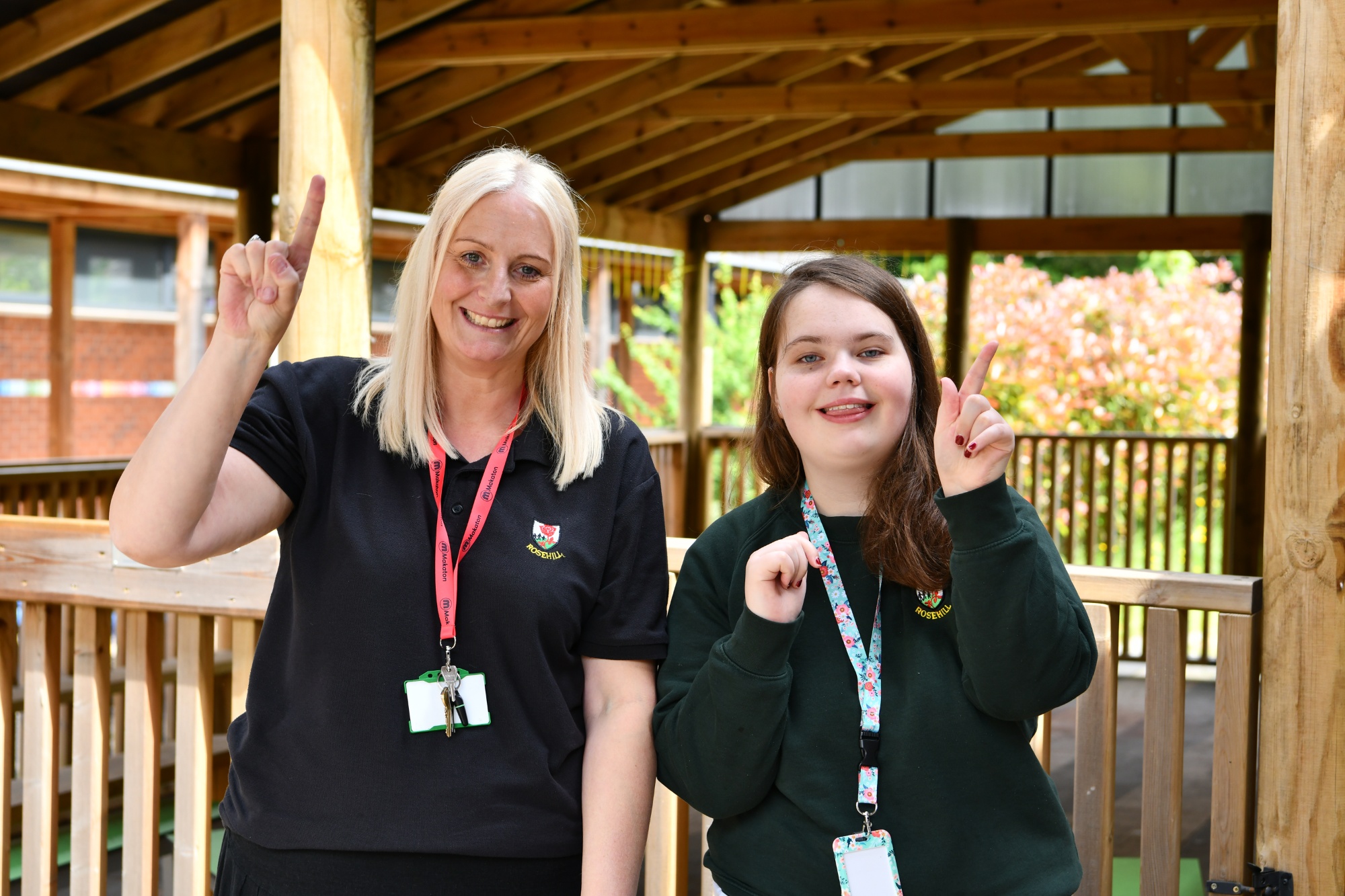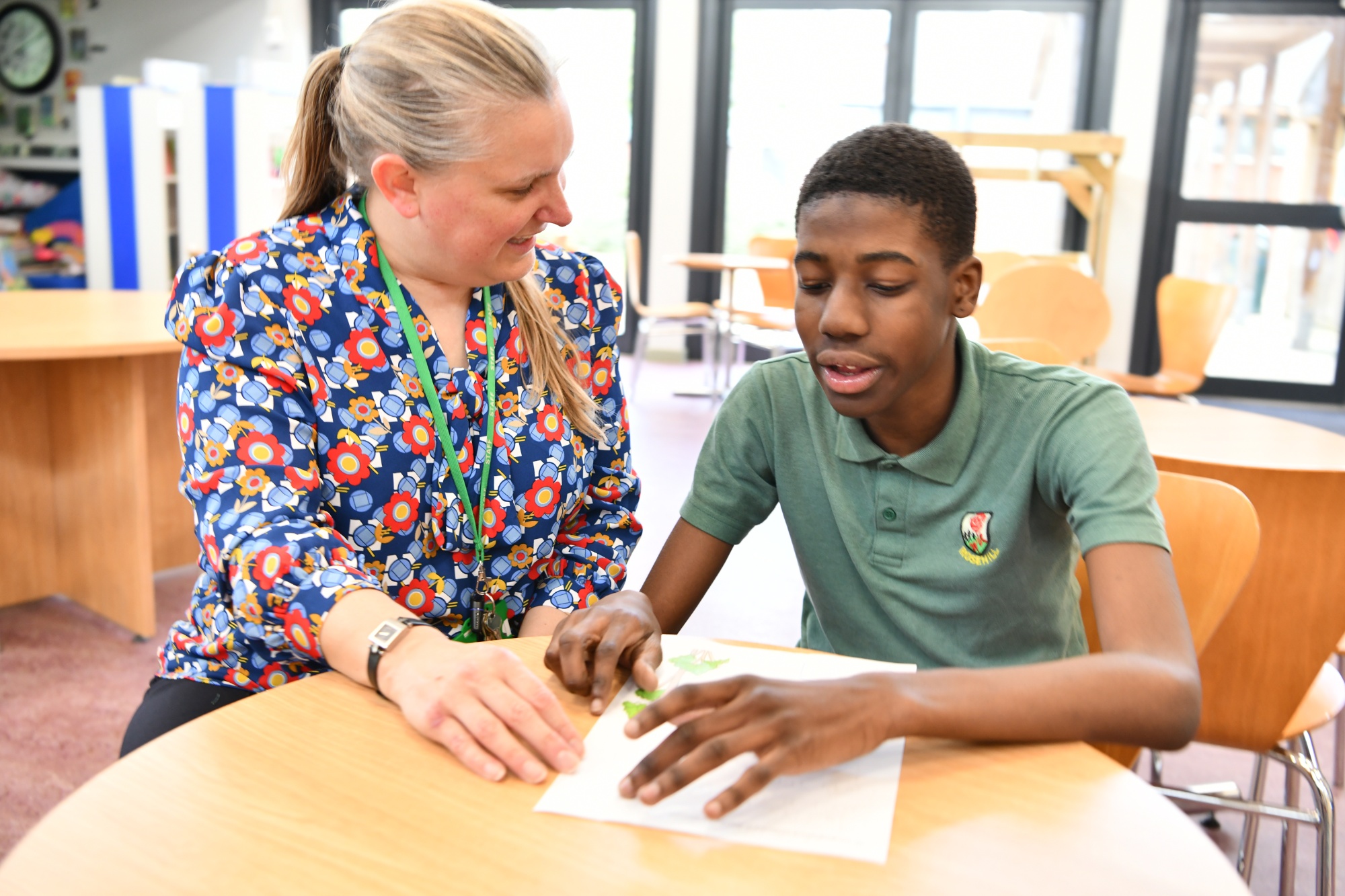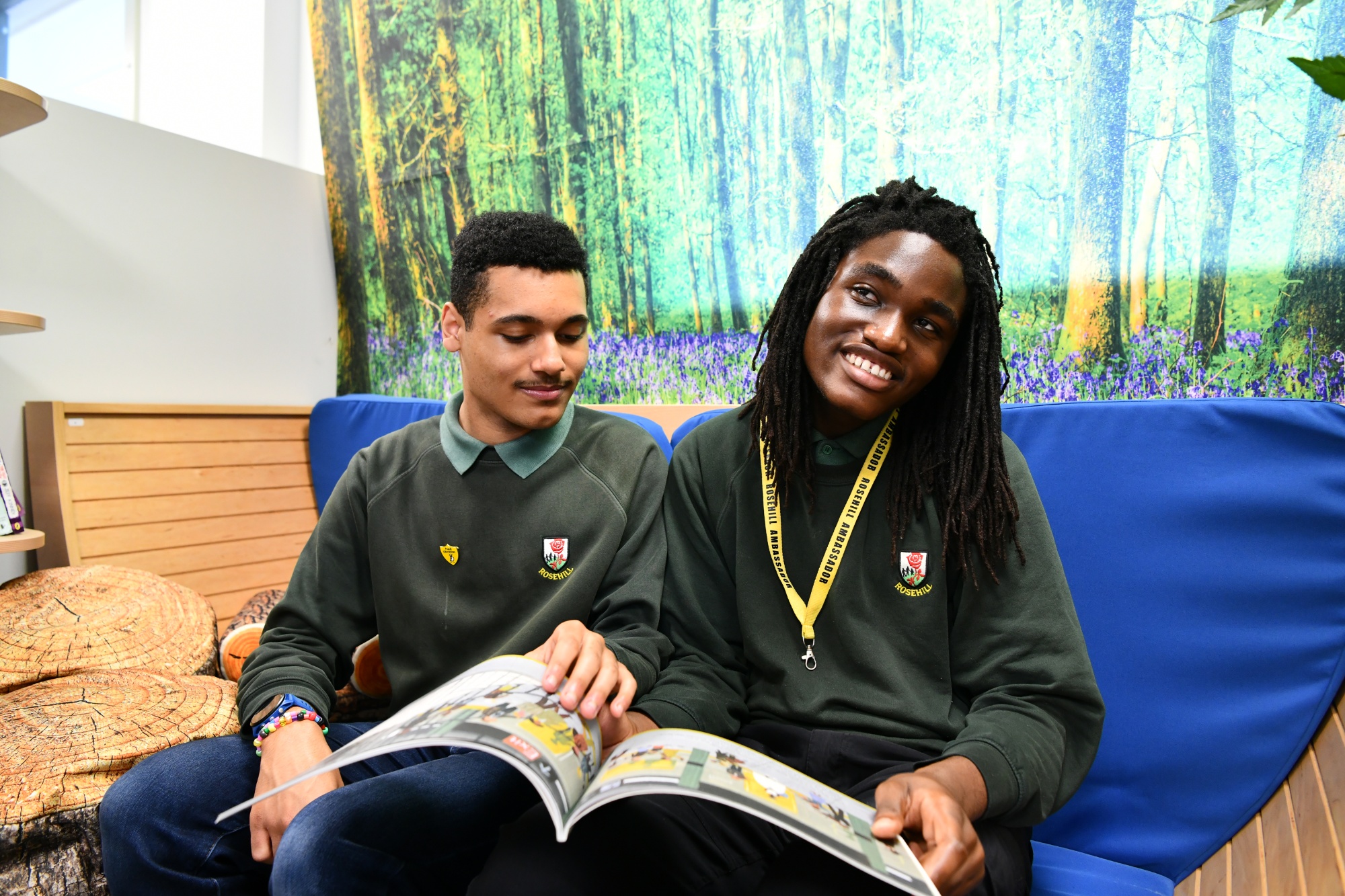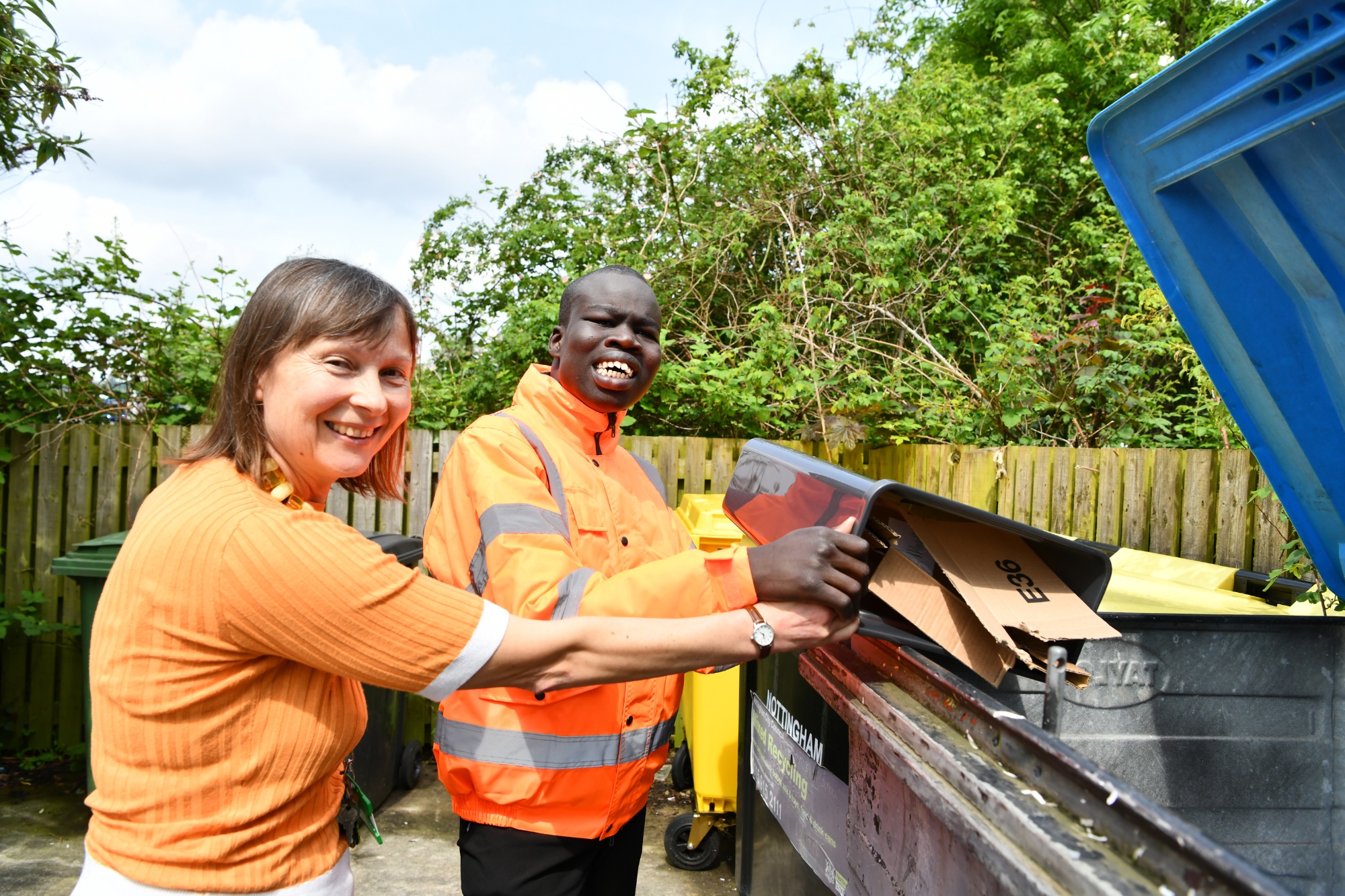
Safeguarding
If you are a child or young person and you need urgent help, please follow this link
For child friendly Safeguarding information for children and young people, please follow this link
This page contains the following information:
- Who to contact if I am concerned about a child or young person?
- Designated Safeguarding Leads at Rosehill School
- How we work together to safeguard and protect the Rosehill community?
- Safeguarding policies and procedures
- Our systems and monitoring
- Safeguarding in the Curriculum
- Safeguarding topics, useful information and links
Who to contact if I am concerned about a child or young person?
If you are concerned about a child or young person in respect of their vulnerability, emotional wellbeing or if they are at risk of harm through any type of abuse or neglect, OR if you are being abused, it is important that you report your worries to the correct agency.
Police
- In an emergency, dial 999
- If you believe that a child or young person is at immediate risk and in need of protection then you should call the Police - 999 immediately
- To report a crime, call 101
Nottingham City Council Children's Social Care
- For a child who lives in Nottingham City, please call 0115 876 4800
- This number can also be used for emergency safeguarding enquiries out of hours
- You can also email CityMASH@nottinghamcity.gov.uk
Nottingham City Council Adults Social Care
- For an adult who lives in Nottingham City, please call 0115 8763330
- Opening hours are 9.00 am to 5 pm, Monday to Friday. All enquiries outside these hours, please use the Emergency Duty Team number 0115 876 1000
Nottinghamshire County Council Children and Adults Social Care
- For a child/young person who lives in Nottinghamshire County, please call 0300 500 80 80
- You can also use the following link https://www.nottinghamshire.gov.uk/care/safeguarding/childrens-mash
- If you are an adult who wants to speak to someone because you are worried about a child's safety or wellbeing but are not sure what to do, you can phone the NSPCC Free Helpline on 0808 800 5000
- If you are a child and you want to speak to someone confidentially you can call Child Line free on 0800 1111
If you have any concerns about a children in school, please contact one of our Designated Safeguarding Leads, either via the school phone number 0115 9155815, or by email (see DSL poster below).
Other useful contacts
Crimestoppers UK: 0800 555 111
Citizens Advice: 0808 278 7974 www.citizensadvice.org.uk
Bereavement support
- Nottingham Hospice 0115 962 1222 / info@nottshospice.org
- Cruise Bereavement Care 01623 647645 /0808 808 1677/https://www.cruse.org.uk
Designated Leads at Rosehill School
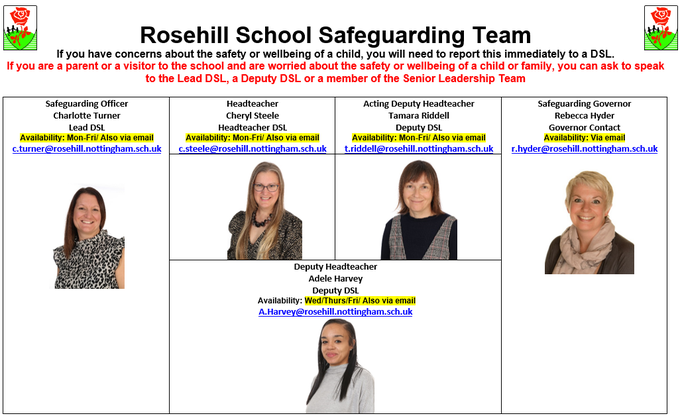
The Designated Safeguarding Lead and Deputies can be contacted via the school office, via phone on 0115 9155815, or via the emails above.
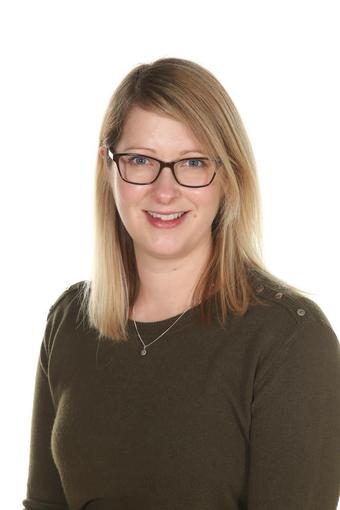
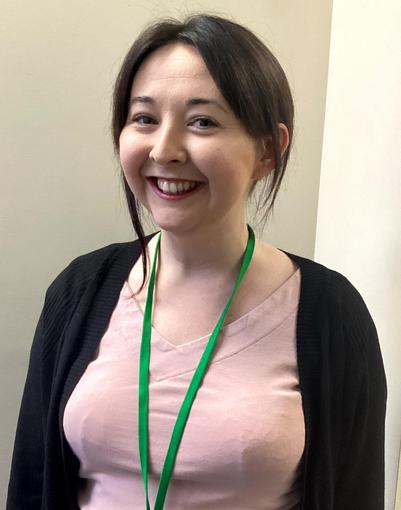
E-Safety Lead
Mrs Caroline Watson (Teacher) is the Designated Lead for E-Safety.
Jessica Davies (Teacher) is supporting in the role currently.
The link below will take you to up-to-date E-Safety news about important topics including the Filtering and Monitoring procedures.
For more on E-Safety follow this link
Prevent and Racialisation Lead
Charlotte Turner (DSL) is the Prevent Lead. Rosehill School is committed to keeping children, young people and adults safe from all forms of extremism. All staff and visitors are expected to uphold the principles of British Values including democracy, rule of law, individual liberty, mutual respect and tolerance of those of different faiths and beliefs. This is in line with the DfE guidance to minimise the threat of extremism.
Please click here if you wish to read our information on Fundamental British Values.
Please click here if you wish to read the Prevent Duty guidance for schools on the duty in the Counter-Terrorism and Security Act 2015 to have due regard to the need to prevent people from being drawn into terrorism.
How we work together to safeguard and protect the Rosehill community?
Overall Aim
Our overall aim at Rosehill School is to ensure that children and young people are effectively safeguarded from any potential risk of harm and that the safety and wellbeing of the children and young people is of the highest priority in all aspects of the school’s work. We ensure that all members of the school community are aware of their responsibilities in relation to safeguarding and child protection and fully support the school’s commitment to safeguarding and child protection.
Safeguarding is everybody’s business!
At Rosehill School, we recognise our moral and statutory responsibility to safeguard and promote the welfare of all pupils. We endeavour to provide a safe and welcoming environment where children and young people are respected and valued.
We ensure that all our children and young people are safe and feel safe; that children, parents/carers and staff are able to talk about any safeguarding concerns and feel assured that they will be listened to.
We are alert to the signs of abuse and neglect and follow our procedures to ensure that children and young people receive effective support and protection. All staff and volunteers are aware of and implement safeguarding procedures and guidance, including what to do if they suspect a child or young person may be experiencing, or be at risk of harm.
Safeguarding is the action that is taken to promote the welfare of children and young people and protect them from harm.
Safeguarding means:
- protecting children from abuse and maltreatment
- preventing harm to children’s health or development
- ensuring children grow up with the provision of safe and effective care
- taking action to enable all children and young people to have the best outcomes
Child Protection is part of Safeguarding and promoting welfare. It refers to the activity that is undertaken to protect specific children who are suffering, or are likely to suffer, significant harm.
Safeguarding, in some way, informs all of our decision making and we do all we can to ensure our children and young people are safe, happy and feel well supported.
All staff are vigilant and safeguarding conversations will always be prioritised and part of our daily dialogue. The staff named above meet regularly as a safeguarding team and all staff are mindful to notice and share concerns.
Safeguarding policies and procedures
We take advice from the Nottingham City Safeguarding Children Partnership and current DfE guidance. Rosehill School's Child Protection and Safeguarding Policy reflects current legislation, best practice and complies with the government guidance.
Please click below if you wish to read the main DfE document that informs our policy decisions.
- Keeping Children Safe in Education (all staff read at least part 1 and part 5 of KCSIE)
- Working Together to Safeguard Children
- Nottingham City Safeguarding Children Partnership
- NSPCC Guidance
Please click here if you wish to read our latest Safeguarding and Child Protection Policy.
Please click here if you wish to read other Safeguarding policies.
Please click here if you wish to read our child friendly safeguarding policies.
Our Safeguarding poster for children and young people
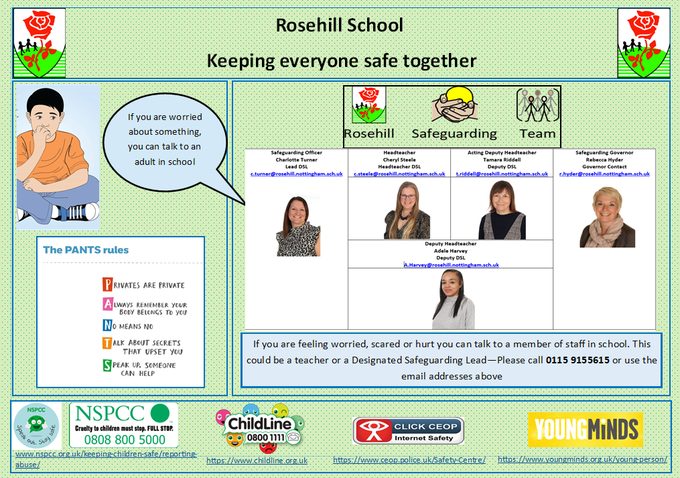
Our systems and monitoring
At Rosehill School, we use MyConcern, a trusted, safe and secure software platform. MyConcern allows anyone responsible for the protection of children, young people and adults at risk to easily manage and record all safeguarding and wellbeing concerns. Additionally, MyConcern helps to protect those at risk by allowing early intervention.
DSLs will regularly review and monitor all pupils attending the school. This will include reviewing attendance data with the Attendance Champion, behaviour data, attainment data and, and for some pupils, safeguarding records.
This is to ensure that:
- For those most vulnerable, proportionate and early interventions can be taken to promote the safety and welfare of the CYP and prevent escalation of harm.
- Information about vulnerable pupils is shared with teachers and relevant staff to promote educational outcomes.
- Pupils who currently have, or have had, a social worker will have their academic progress and attainment reviewed and additional academic support will be provided to help them reach their full potential.
- Reasonable adjustments are made in relation to school-based interventions – for example responding to behaviour/sensory needs.
All safeguarding concerns, decisions, actions and outcomes are recorded on MyConcern.
Please click here if you wish to find out more about MyConcern.
Safeguarding and the curriculum
There are opportunities for embedding safeguarding across school life, both in and beyond lesson time. Weekly assemblies, focussing on our values, provide a variety of contexts in which to discuss safety and wellbeing at a whole-school level, as well as to share important reminders about expectations and opportunities in school.
Many aspects of safeguarding and personal welfare- physical, emotional and mental- will be covered through our PSHE (Personal, Social & Health Education) and RSE (Relationships & Sex Education) programme across the school. Online Safety and other dangers of a connected world are taught through specific units of work in our computing curriculum, but also at appropriate times when using technology or the internet. For more details, see our curriculum pages.
We have chosen to use the ‘The PSHE Education planning Framework for pupils with SEND’ written by the PSHE association, as the backbone of our PSHE and RSE curriculum because it is current, relevant and engaging for our children. The spiral topics allow a huge range of opportunities to be woven in through the year, building year after year to increase children's knowledge and understanding so that they are equipped with what they need to know to stay safe and when to speak out.
Teaching with, working with and talking to children and young people about their safety happens in many areas of school life, both in and out of class. The document below details some of the ways in which we work with children to help them feel and keep safe.
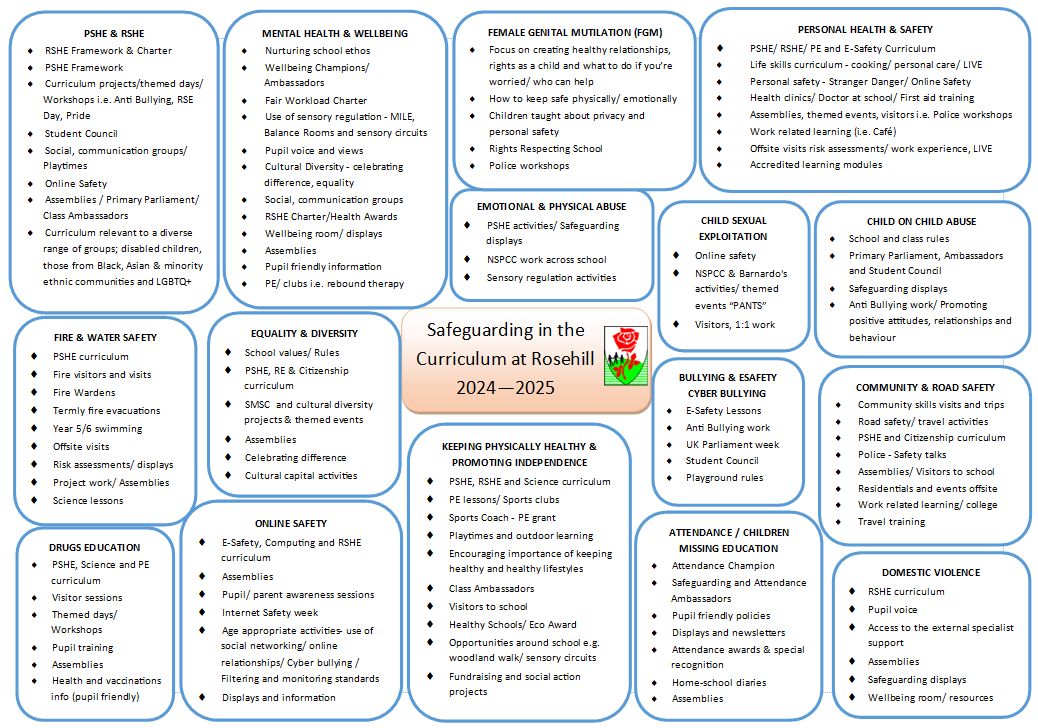
Involving Everyone
This year the school council helped us to write a safeguarding policy, posters and displays and in language everyone can easily understand.
Please click here if you wish to read our child friendly safeguarding policies.

